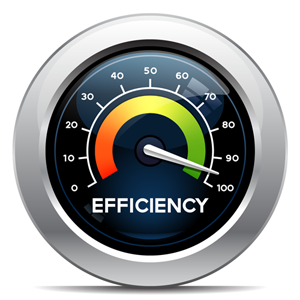I Love Fossil Fuels

OK, no, seriously I'm not ready to join the "I love fossil fuels" crowd, however, having said that we do need a dose of reality. Fossil fuels are not going away soon. What's more, even though their market penetration might begin to drop, their absolute use is still increasing and will continue to rise in the short / medium term. Let's face the fact that our current world economy is almost fully dependent on fossil fuels. As an example, let's mention Apple, a company that apparently is not connected to the fossil fuel industry. Well, the news is that it fully depends on fossil fuels and without them even that mighty technology company would probably go bankrupt. It produces most of its hardware in China: a coal powered economy. It transports its products halfway around the world in oil powered ships, trucks and airplanes. The electricity with which its devices are operated by the final user comes mainly from coal and natural gas. The c...







